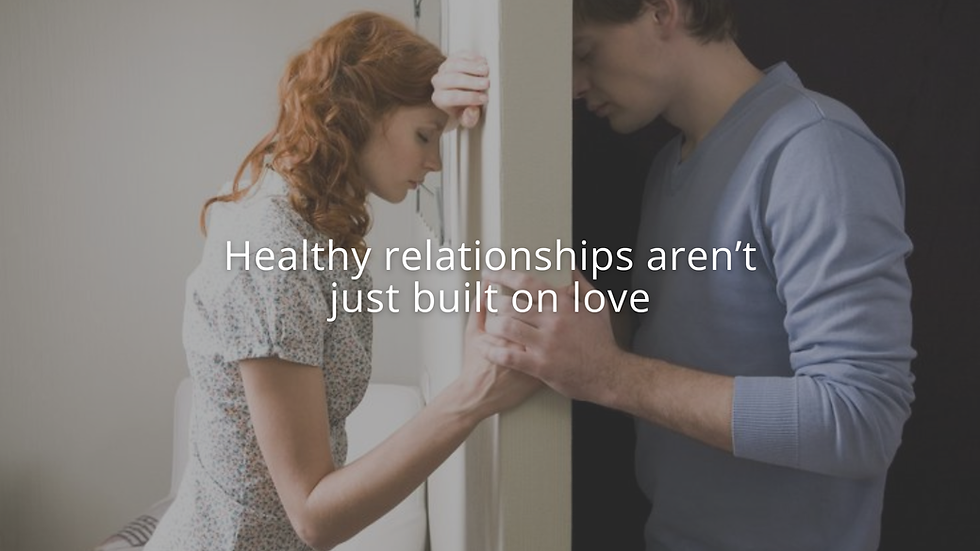Should Couples Have Access to Each Other’s Phones and Social Media Accounts?
- Jun 17, 2025
- 2 min read

In today’s digital age, the question of whether couples should have access to each other’s phones and social media accounts is a hot topic. Some see full access as a sign of trust and honesty, while others view it as a violation of privacy and autonomy.
So, where do we draw the line?
The Trust vs. Transparency Debate ⚖️
Trust is the cornerstone of any relationship, but how do we define it? For some, sharing passwords and phone access is a way to demonstrate honesty and prove they have nothing to hide. For others, trust isn’t about constant visibility into a partner’s private conversations or online interactions, but about feeling secure without the need for surveillance. Does trust really exist if it relies on access, or should it stand independently, built on mutual respect, consistent behavior, and open communication?
Defining Healthy Boundaries 🧱
Boundaries are essential in any healthy relationship, including digital boundaries. Having personal space—whether physical, emotional, or online—is not the same as secrecy. A strong relationship balances openness with respect for individuality, recognizing that privacy and honesty can coexist. The key is ensuring that personal space isn’t being used to hide deception but to maintain a sense of self within the partnership.
Why Some Couples Share Everything 👫
Some couples naturally embrace full transparency, sharing passwords and phone access without a second thought. For them, it’s about convenience and building trust, especially if they’ve experienced betrayal in the past. However, the key distinction is whether this is a mutual decision or an unspoken expectation. True transparency should be voluntary, not a test of loyalty.
Privacy Doesn’t Equal Secrecy 🧩
There’s a crucial distinction between privacy and secrecy in relationships. Privacy is about maintaining a sense of individuality—having personal space, friendships, and conversations without feeling like you’re under surveillance. It’s a sign of mutual respect and trust. Secrecy, however, involves deliberately hiding things to avoid conflict, suspicion, or consequences. The difference lies in intent—privacy fosters independence and security, while secrecy creates doubt and distance.
The Role of Open Conversations 🗣️
Every relationship is different, and what feels comfortable for one couple may not work for another. The best way to navigate this is through open and honest conversations. Instead of making assumptions or accusations, each partner should express why they feel the way they do. Understanding the root of these feelings can help both partners find a compromise.
At the end of the day, a healthy relationship is built on respect, not surveillance. The goal isn’t to control or restrict each other, but to create an environment where both partners feel secure without compromising their personal boundaries.
For a deeper dive into this topic, tune in to our latest podcast episode 🎧.
If you need support in navigating this, therapy can be incredibly beneficial. You don’t have to figure it out alone.
💌 Email me directly at vee@headquarterscounsellingservices.com.au to explore what’s right for you.



Comments